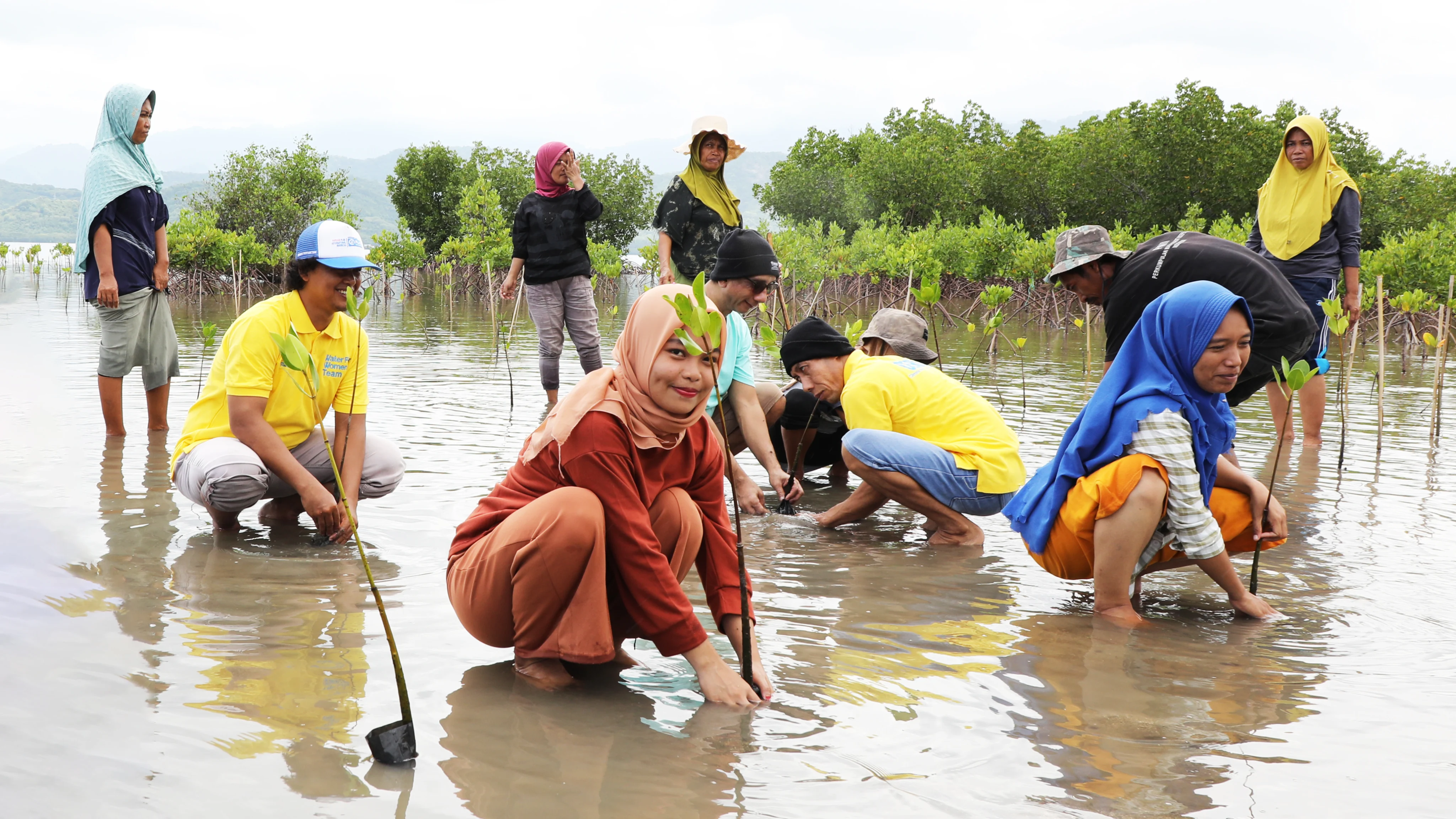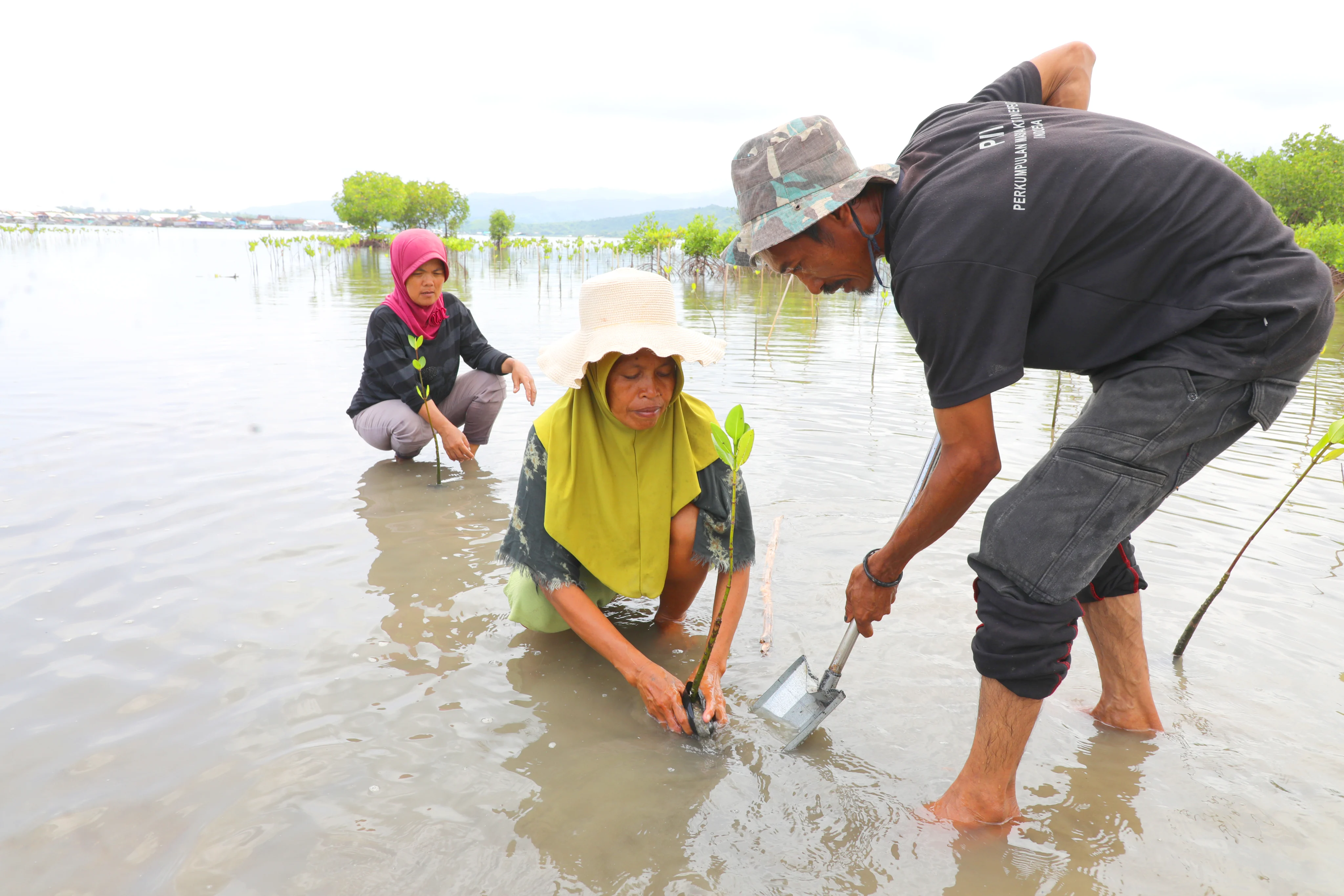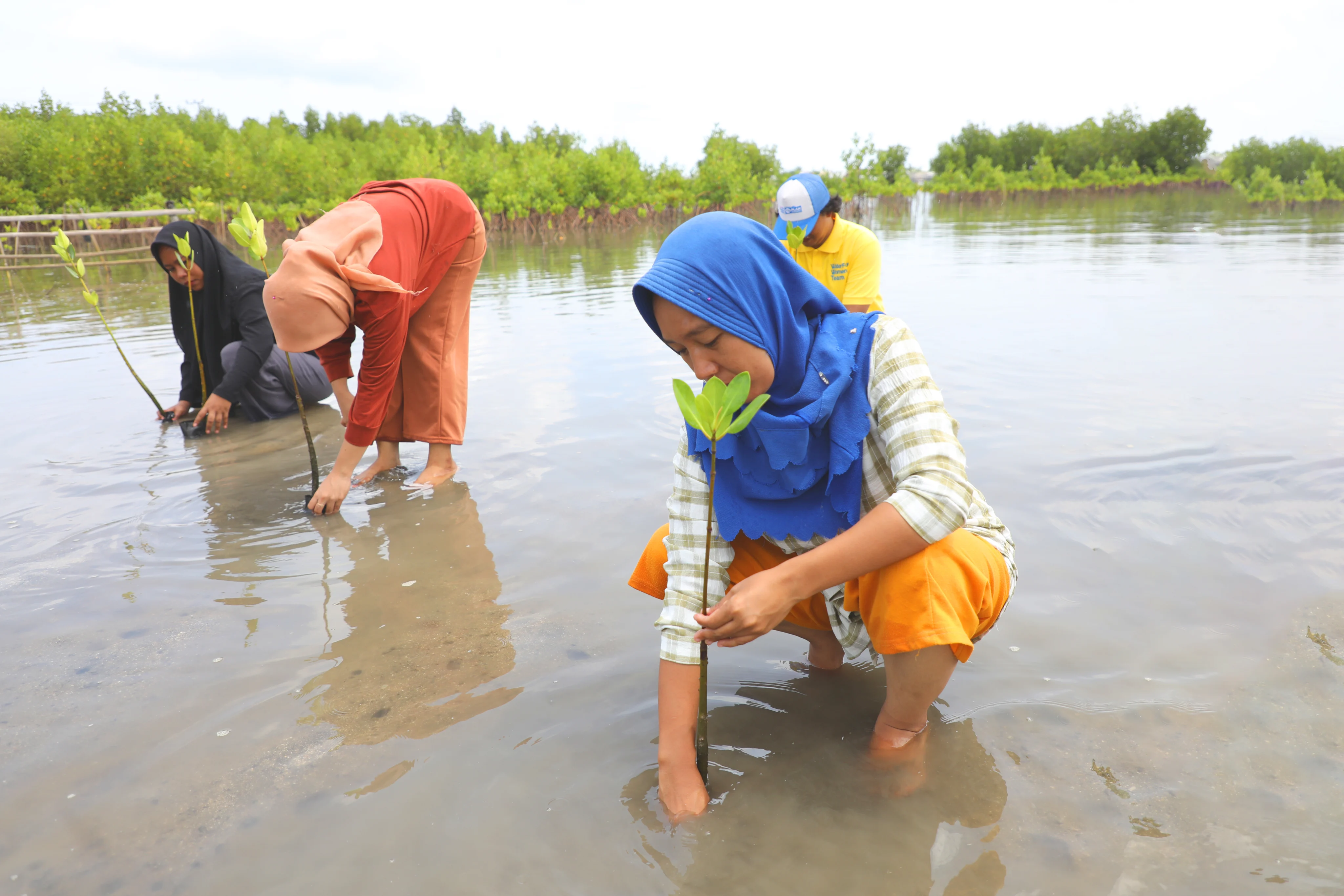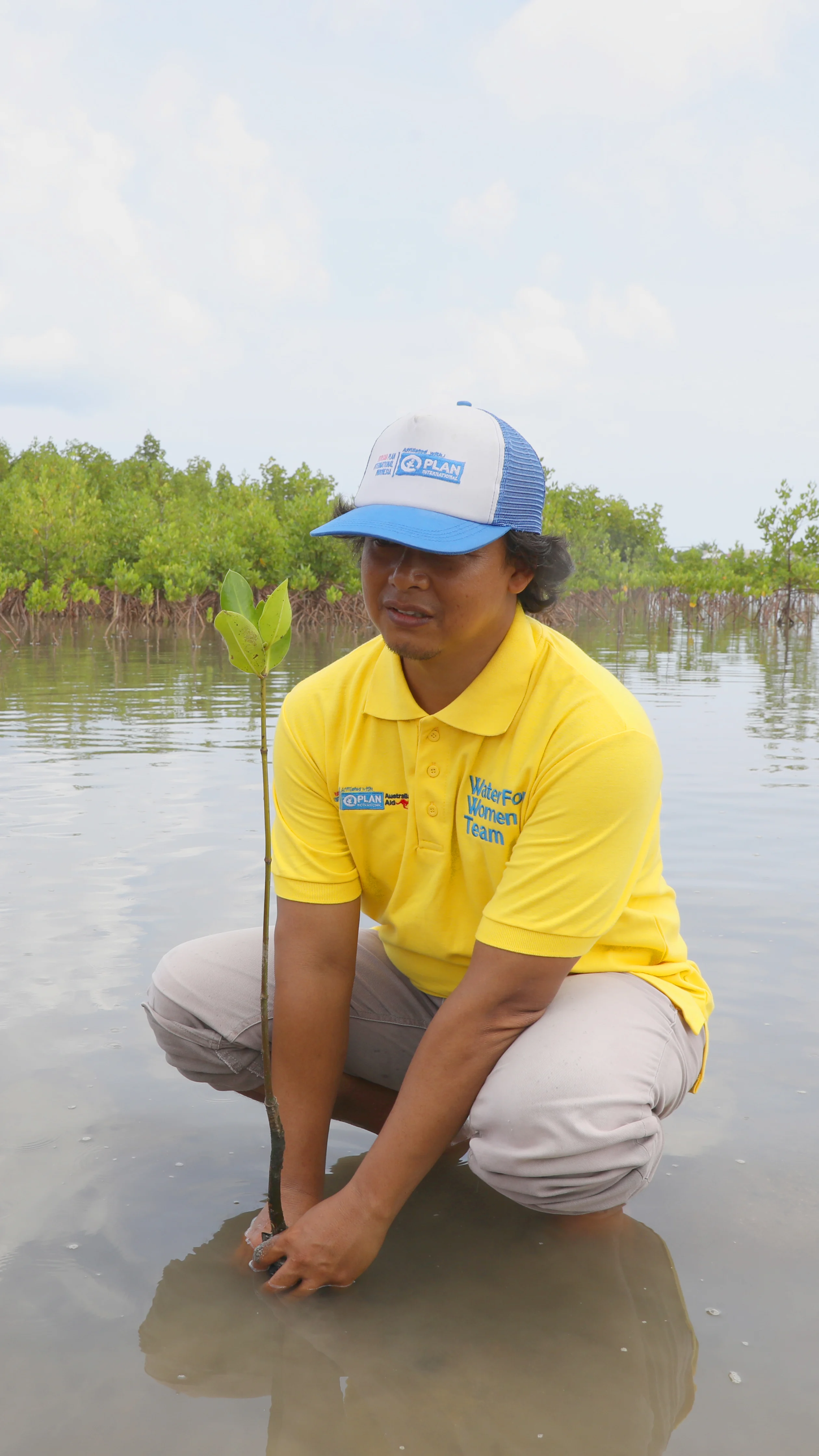Building Climate Resilience for the Future

The effects of climate change are becoming increasingly severe, and it is the world’s poorest communities—those least responsible for global warming—that are suffering the most. These communities often live in the most vulnerable areas and lack the resources to adapt to the growing frequency of climate-related disasters.
At Plan International we are committed to supporting communities to build climate resilience, especially children, women, and marginalized groups.
Working with Communities Across Southeast Asia and the Pacific
Our climate resilience programs span across Southeast Asia and the Pacific, regions that are highly vulnerable to climate change impacts.
We work closely with local communities, ensuring that the voices of girls and women, in particular, are included in the planning and implementation of climate projects. This inclusive approach ensures that solutions are designed to meet the specific needs of those who are often the most affected by climate change.
Our projects focus on practical, community-based solutions to enhance resilience. These initiatives include the planting of climate-resilient vegetable gardens at schools, mangrove and tree planting to protect coastal areas from floods and storms and improving agricultural practices to help communities better cope with changing weather patterns. We also engage in disaster preparedness, helping communities plan for and respond to climate-related crises. These efforts reach children, families, and local communities through educational programs, school curriculums, and community outreach.

The Gender Dimension of Climate Action
Climate change exacerbates existing inequalities, particularly for girls and women. When disasters strike, it is often girls who suffer the most.
Climate-related crises, such as droughts and floods, can force girls out of school as they are tasked with fetching water, gathering firewood, or caring for family members. In many cases, girls are also at a heightened risk of exploitation, abuse, and child marriage.
However, climate action can also serve as a pathway to greater gender equality. Educating girls is one of the most effective ways to build climate resilience, as studies show that for every additional year a girl stays in school, a country’s climate resilience improves. We are working to ensure that girls are not only protected from the impacts of climate change but also empowered to lead climate action efforts in their communities.
Female leadership has proven to be particularly effective in conservation and climate adaptation efforts. Women are more likely to pursue sustainable solutions that benefit the whole community, and their voices are critical in shaping the policies and decisions that affect their lives.

Plan International Australia’s impact:
In Timor Leste
- 98% of respondents who were surveyed following water conservation and water management training agreed or strongly agreed that there is now greater acceptance of women and youth in leadership positions within water resource management.
- Following training on regenerative agriculture, 81% reported having adopted climates-smart regenerative practices in their farming practice.
In Indonesia
- the IWM Forum program implementation has reached and benefitted around 115,000 people across the district

Climate-Resilient and Inclusive WASH in Indonesia
In Indonesia, we’ve been working to address the critical intersection of water, sanitation, and hygiene (WASH) and climate resilience.
Nusa Tenggara Timur (NTT) and Nusa Tenggara Barat (NTB) are two provinces facing severe climate impacts, including extreme floods, droughts, cyclones, and sea-level rise. These hazards have disrupted essential services like agriculture, health, and education, exacerbating existing vulnerabilities, particularly for women, girls, and people with disabilities.
Together with Yayasan Plan International Indonesia, Plan International Australia, through the Water for Women project, has been implementing the Climate-Resilient and Inclusive WASH project. This initiative is focused on improving WASH systems to withstand climate-related disruptions while promoting gender equality and enhancing community resilience. By working with local governments, communities, and organizations, we’re helping to establish systems that ensure access to clean water, sanitation, and hygiene even in the face of climate change.
In Sumbawa, NTB, for example, the project has led to the formation of the Sumbawa Integrated Water Management Forum, which includes government representatives, community groups, and organizations supporting women and people with disabilities. This forum has been instrumental in developing and implementing a coastal revitalization program that involves planting 120,000 mangrove seedlings to combat seawater encroachment and coastal erosion. These nature-based solutions are crucial in protecting coastal communities from rising sea levels and extreme weather events.
Additionally, the project has influenced local policies, including Sumbawa's draft Long-Term Development Plan, which now includes climate-resilient water management strategies. The Water for Women initiative also ensures that all levels of government are supported in delivering equitable water and sanitation services, helping to safeguard water resources for future generations.
Through these efforts, we are not only enhancing climate resilience in Indonesia but also fostering inclusive decision-making processes that empower marginalized groups to take part in action on climate change.



